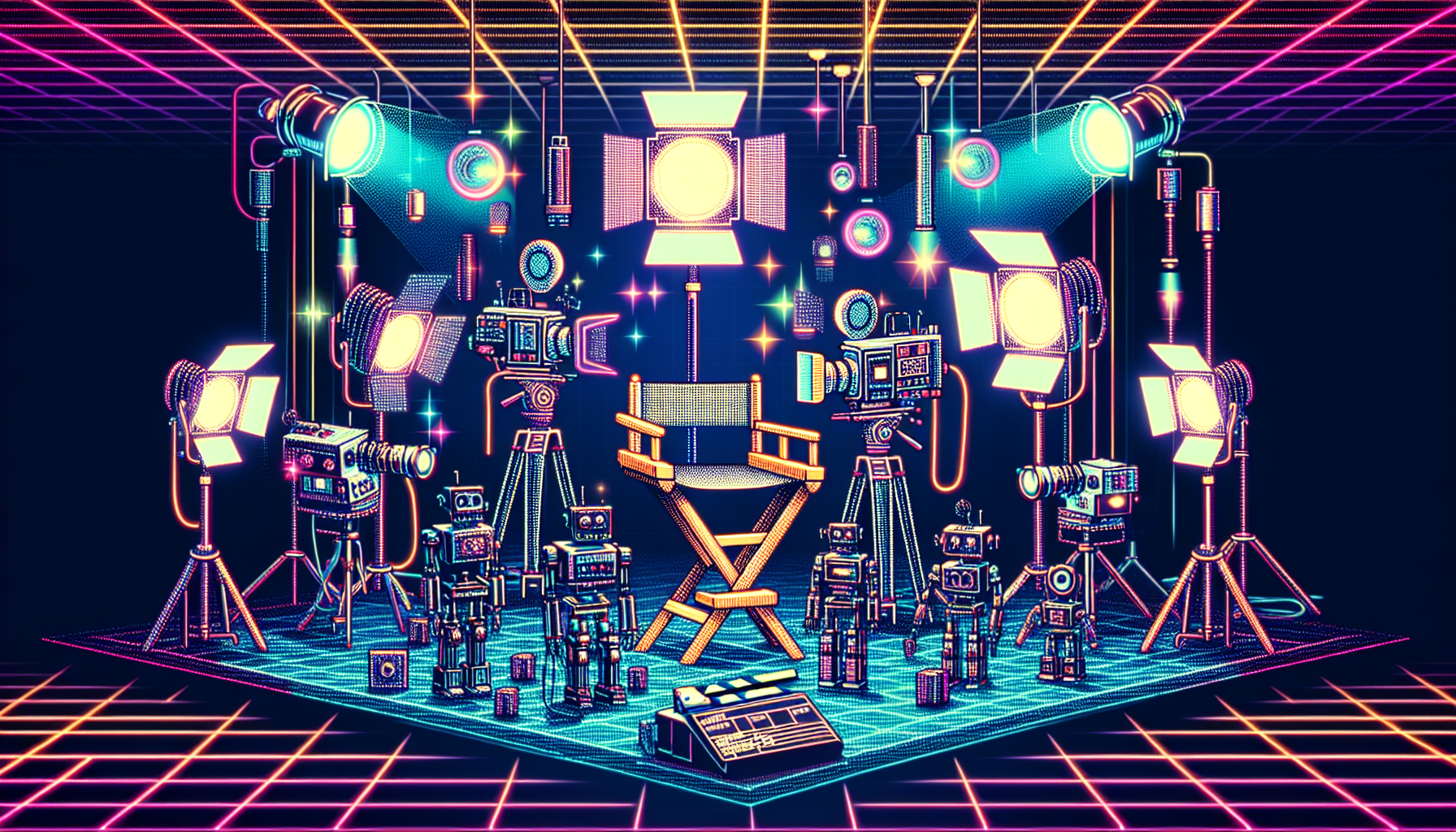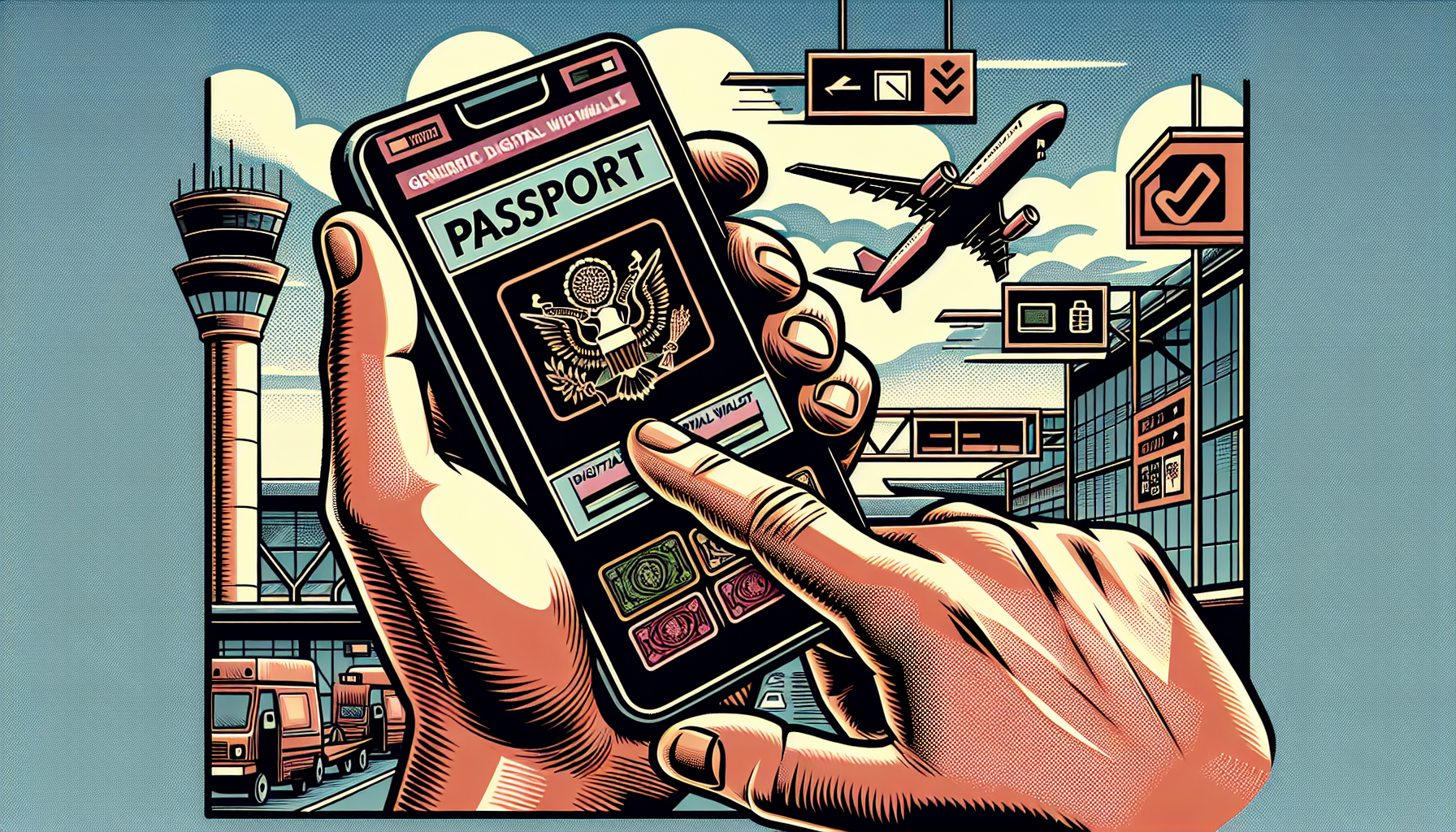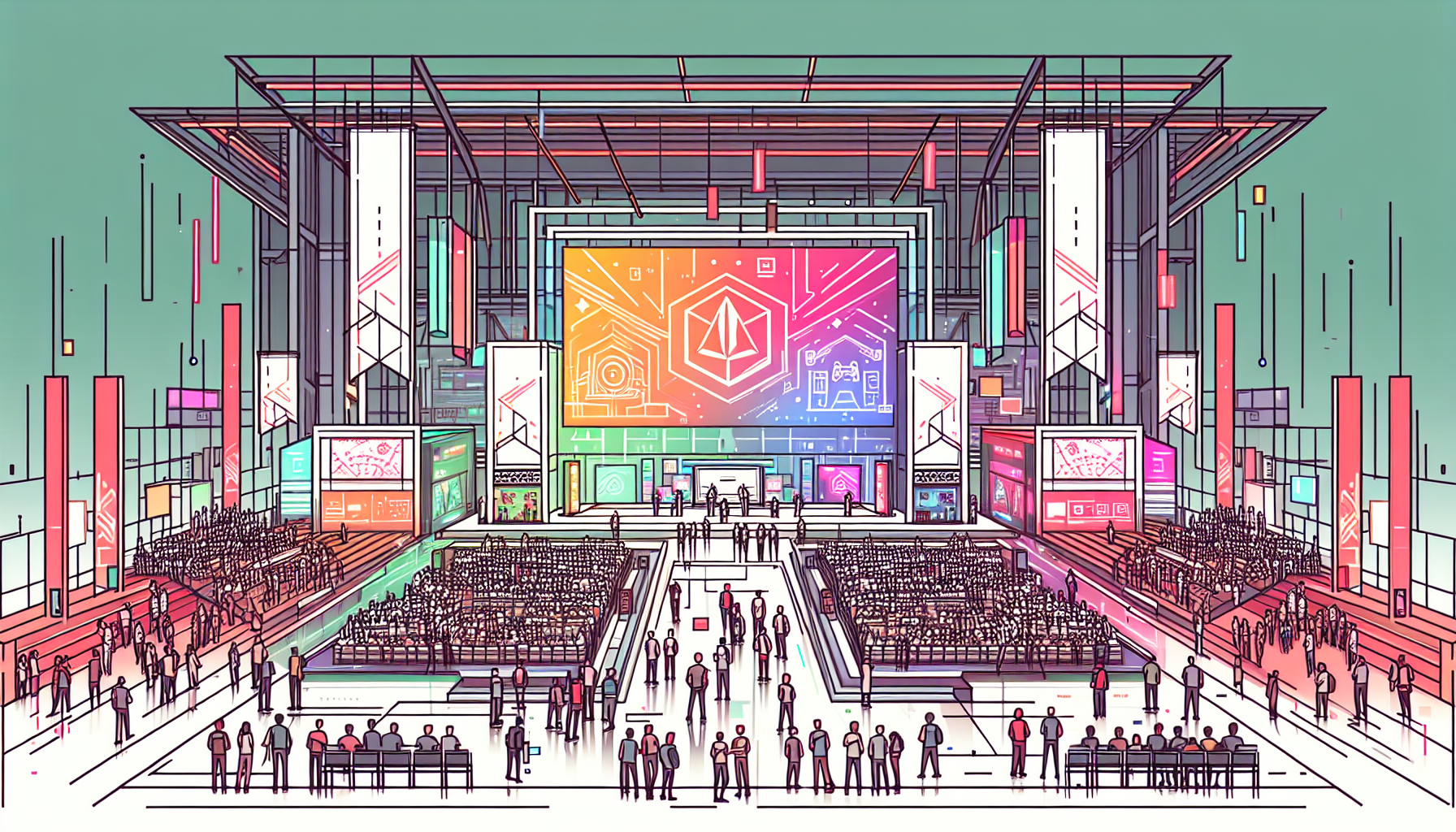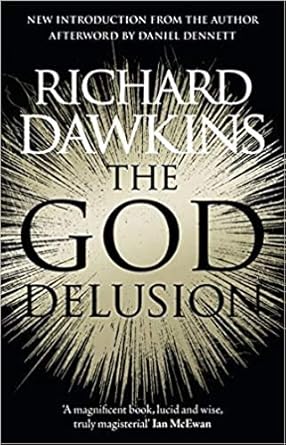When we think about how movies shape our imaginations, it’s exciting to consider how artificial intelligence is now playing a role in filmmaking. AI isn’t just reshaping industries like technology and manufacturing, it’s becoming a pivotal player in the way stories are told on the big screen. Director Zack Snyder, known for his visually stunning works, offers compelling insights into this evolving dynamic. His thoughts provide a fascinating glimpse into both the promise and the pitfalls of AI in cinema.
Zack Snyder, with his characteristic visual flair, is someone who appreciates the potential AI brings to the table. He eloquently highlights how AI can perform complex filmic tasks that were once limited by budget constraints. “AI doesn’t care if a house is on fire or if it’s on Mars or whether it’s underwater,” Snyder remarks. This hints at the limitless worlds artistic minds could create thanks to AI’s capabilities. Consider the concept of an ‘aesthetic bank.’ This novel idea revolves around AI learning a filmmaker’s unique visual style and storing that knowledge to apply to new projects. For a filmmaker like Snyder, who values powerful imagery, this could be transformative in balancing creative vision with financial realities. Imagine directors being able to pull from previous works, enhancing their storytelling without breaking the bank.
Despite this hopeful outlook, Snyder maintains a critical perspective toward AI. He questions the necessity of technology in certain areas of filmmaking, often asking, “I still question ‘the why’ of technology when it comes to some aspects of filmmaking.” This skepticism doesn’t stem from a resistance to change but rather from a desire for substance and depth, which he feels cannot always be achieved through technological shortcuts. Reflecting on some of my favorite films, such as “Blade Runner,” I recognize the irreplaceable human touch in storytelling. Those creators forged worlds that felt deeply personal and layered. It raises the question of how those films might look with AI running the visual effects. Yet, I cherish knowing those narratives stemmed from the unfiltered visions of their creators, not the algorithms of a computer.
Snyder’s works often explore deep, human-centric narratives. He emphasizes the human aspect, asserting, “I want that human point of view to be moving me in a narrative way through a story.” While AI can aid in visual storytelling, Snyder underscores the importance of a director’s personal engagement—the subtle nuances and emotional undertones that can only come from human creativity. Addressing the industry’s future, Snyder is candid about the need for Hollywood to adapt to AI’s potential. He advises, “Educating yourself and understanding what it can and can’t do is important,” urging industry professionals to get acquainted with AI’s capabilities. As technology continues to evolve, so must the methodologies of storytelling. The risk of being left behind is very real in a field constantly innovating and pushing boundaries.
We might soon see AI take on more roles in tasks like script analysis and marketing strategies. Its adaptability and ability to process vast amounts of data could redefine how films resonate with global audiences, particularly as platforms like Netflix expand their reach. The advent of streaming platforms has revolutionized how we consume cinema, and AI stands to further enhance or disrupt this experience. Snyder remarks on the ability of these platforms to reach broader audiences than ever before, suggesting that understanding these mechanics will be critical for future success. The shift in consumption patterns challenges filmmakers to adapt in ways that honor both technological innovation and narrative depth. Within these evolving dynamics, it’s clear that AI’s role in filmmaking extends beyond mere tools; it’s about reshaping the entire landscape of how stories are envisioned and brought to life.
There’s an undeniable energy in the air around this intersection of technology and artistry that captures the imagination. As always, the challenge will be in finding that delicate balance between innovation and the timeless human touch that makes cinema so profoundly resonant. What do you think? How do you see AI shaping the future of filmmaking, and where should we draw the line to preserve the irreplaceable charm of human creativity? For more on this topic, check out the full interview with Zack Snyder in Wired.










